Decoding the AI Debate: Liu Qingfeng's Critique of Musk's AI Understanding
![]() 08/28 2025
08/28 2025
![]() 622
622
As the global competition in artificial intelligence (AI) intensifies, transforming into a central battleground for technological supremacy among major powers, Liu Qingfeng's assertion that Elon Musk does not understand AI has brought to light a potential critical flaw in the business genius's approach.
Author | Yang Ming
Editor | Liu Shanshan
"Musk actually doesn't understand artificial intelligence. I don't think he really gets it."
This remark by iFLYTEK Chairman Liu Qingfeng during a conversation with Zhenghedao Editor-in-Chief Chen Wei in June 2025 sparked heated debate online, though often taken out of context.
Upon hearing this, many were indeed surprised. Elon Musk, celebrated as the "real-life Iron Man," has revolutionized multiple tech industries, from electric vehicles to reusable rockets, and from Starlink to brain-computer interfaces, almost single-handedly. These are all pioneering applications of AI technology. How could he not understand AI?
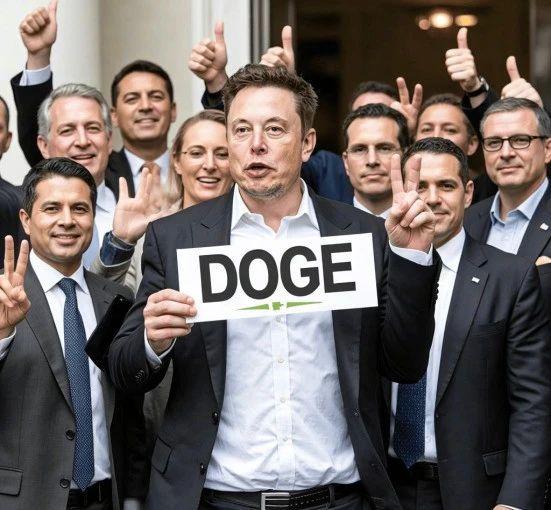
As public opinion settles, and we revisit the underlying dynamics of global AI competition, combining recent significant adjustments to China-U.S. AI policies, iFLYTEK's performance in the first half of 2025, and events like Musk's falling out with Trump, we can understand Liu Qingfeng's judgment more calmly:
Liu Qingfeng's claim is not sensationalist but highlights a key deficiency in Musk's AI development model - he understands technology and business but may not fully grasp the profound connection between AI and national strategy. As Henry Kissinger wrote in "The Age of AI": The more powerful technology becomes, the more it needs to be embedded within a sustainable political and ethical framework.
Commonly, AI is seen as a matter of technological breakthroughs and commercial applications. However, in reality, global AI competition has long evolved into a new stage dominated by national strategies, becoming the core battlefield of technological rivalry among major powers. For Musk, who appears politically naive and loses sight of reverence for national strategies amidst his technological fervor, this "lack of understanding" precisely exposes his limitations in terms of a macro perspective.
01 AI is no longer a "technology-first" game
2025 marks a pivotal moment in global AI competition.
In July, China and the United States almost simultaneously rolled out significant AI strategies. China released the "Global Governance Action Plan for Artificial Intelligence," outlining China's systematic design and forward-looking thinking on global AI governance through 13 specific measures. The United States, on the other hand, released the "Winning the AI Race: America's AI Initiative," aiming to reshape and strengthen its leading position in global AI.
From a macro perspective, there are notable differences between the two countries' AI policies. The United States explicitly labels China as its "primary strategic competitor" in the "AI century race," focusing on technology protection and blockade. China, on the other hand, embodies win-win fairness, autonomy and controllability, and open cooperation.
This further confirms that AI competition has transcended market behavior among enterprises and has escalated to a confrontation at the national strategic level. According to the eighth edition of the "2025 AI Index Report" released by Stanford University, the number of countries mentioning AI legislation globally has increased by 21.3% since 2023, a nine-fold increase from 2016. Additionally, significant AI investments have been launched in the United States, Canada, France, India, Saudi Arabia, China, and other countries.
This reveals a reality: for all tech enterprises, if they want to sustain development, they must consider national strategies and policy orientations as the core background for decision-making.
In fact, they are not only influenced by policies but are also being shaped by them.
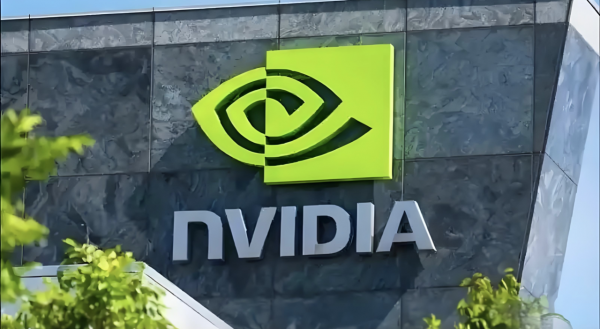
In the United States, while companies like NVIDIA, OpenAI, Google, Microsoft, and AMD dominate technological directions, the U.S. government directly influences decisions through procurement and regulation. The most typical example is NVIDIA, which was bluntly cut off by the U.S. government, directly blocking the export of high-performance AI chips to China. And according to Trump's latest requirements, NVIDIA and AMD must pay the U.S. government a 15% "toll" if they want to sell their AI chips to China.
In China, due to NVIDIA's controversial "backdoor issue" and the necessity of the localization path, the Ministry of Industry and Information Technology recently required Alibaba and Tencent to explain why they continue to purchase NVIDIA H2, reflecting a high degree of attention to supply chain autonomy and security.
Against this backdrop, Musk seems possessed, plunging headlong into the quagmire of American politics. He first fully supported Trump and then vehemently opposed his policies, even threatening to form a third political party. Not only did their relationship go from intimate to completely fractured, but Musk now has countless enemies.
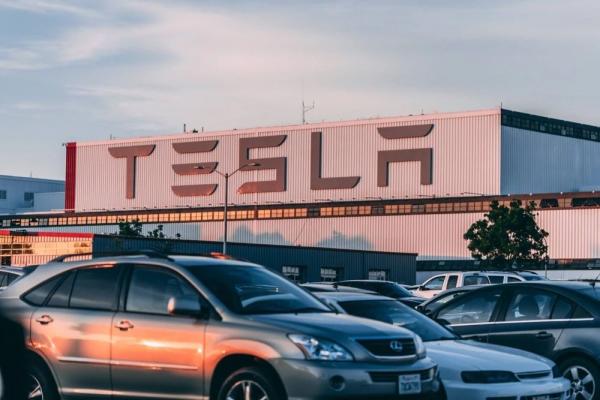
This political inconsistency and naivety is substantively impacting Musk's business empire. Tesla sales have plummeted, and its market value evaporated by $570 billion overnight; SpaceX's Starlink is being reassessed, and procurement orders may even be suspended. Of course, this also includes xAI, which focuses on the AI field, and its financing prospects are also in doubt - the capital market is starting to be wary of "Musk risk," and his exceptional business acumen may come at a heavy cost to investors due to his political capriciousness.
02 China's AI strategic choice: resonating with national needs
Objectively speaking, in the face of a new global revolution in productivity, the AI industries of China and the United States have exhibited distinct development paths.
"True giants don't confront trends but advance together with the nation." In contrast, after the initial explosion of large models, Chinese AI enterprises have comprehensively shifted to an "application-oriented" strategic phase - emphasizing the embedding of technological achievements into specific scenarios to achieve large-scale industrial applications and build sustainable business closed loops.

This differentiated path is not only constrained by the reality of being "choked" in key areas such as chip computing power but also stems from the demand logic of the national AI strategy. In July this year, the "Opinions on Deeply Implementing the 'AI+' Action" (hereinafter referred to as the "Opinions") pointed out that it is necessary to deeply implement the "AI+" action and truly become a productivity engine that can penetrate into thousands of industries.
An increasing number of Chinese AI enterprises are accelerating their deep dive into vertical fields such as government affairs, education, finance, healthcare, and industry, striving to create AI solutions that "understand Chinese businesses better." While serving the country's diversified strategic needs, they are also building their own moats and forming a "flywheel effect" for performance growth.
In this path, iFLYTEK, regarded as the "national team of the AI industry," can be seen as a typical representative. Its financial report for the first half of 2025 shows that the company's revenue surpassed 10 billion yuan for the first time, with a year-on-year increase of over 17%. Although net profit has not yet turned positive, it has narrowed significantly, and operating cash flow has continued to improve, demonstrating a critical transition from scale expansion to value realization.
Among them, AI+education business revenue increased by 23%, and AI healthcare business revenue grew by 21%, with gross profit increasing by 25% year-on-year. Behind these figures lies a typical path for Chinese AI enterprises deeply integrating into the national strategy.
AI education is one of the two core areas that the country currently values highly. The "101 Plan" launched by the Ministry of Education clearly states that "professional structures should be inclined towards directions urgently needed by the country." The message is straightforward - artificial intelligence is not an elective but a rigid demand.
Through deeply embedding AI technology into teaching processes, examination evaluation, and classroom reform, iFLYTEK's products have covered 32 provincial-level administrative regions, over 50,000 schools, and served 130 million teachers and students nationwide. It is not only using technology to enhance educational efficiency but also systematically participating in the implementation and optimization of educational policies, achieving bidirectional empowerment between technology and systems.
AI healthcare is the core engine of "Healthy China." The state and relevant authorities have formulated a series of support, guidance, and regulatory policies. The "Opinions" clearly promote the application of AI big data models in medical scenarios and drive the coverage of AI healthcare in primary medical fields.
Based on the Spark large model, iFLYTEK has constructed a business matrix serving governments, hospitals, and consumers. Its AI-assisted diagnosis system has entered nearly 700 districts and counties and over 75,000 medical institutions nationwide, providing over 1 billion auxiliary diagnoses cumulatively, significantly contributing to the balanced allocation of medical resources.
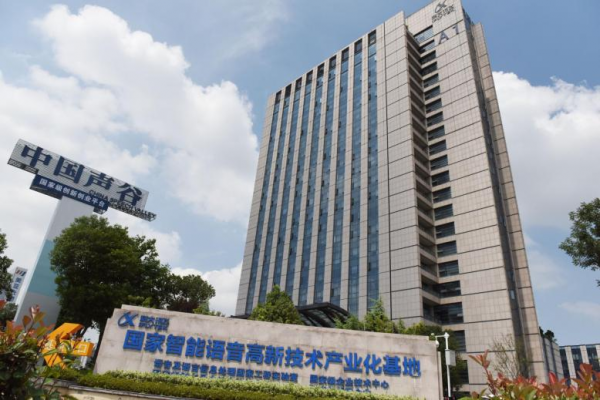
Additionally, in sectors such as smart cities, industry, and finance, iFLYTEK has gradually broken down application barriers through the "1+N model," forming a balanced revenue structure (with proportions of 26%, 42%, and 32% for G, B, and C ends, respectively) that supports the continuous advancement of the "AI+" action, driving industrial upgrading and reshaping core competitiveness.
This shift from "technological idealism" to "scenario-based cultivation" is not accidental. Looking back at the mobile internet era, the divergence in ecosystems between China and the United States was already apparent: The United States dominated operating systems, underlying protocols, and standard-setting, while China, with super apps like TikTok and WeChat, became a global user platform that tangibly changed lives, industries, and economies.
Now in the AI era, Chinese enterprises have once again chosen to leverage applications to drive the market and scenarios to nurture technology, embarking on a path that resonates with national development needs and industrial transformation.
03 Ignoring national strategies is doomed to fail in the long run
However, unlike the mobile internet era, China's AI industry is also actively constructing a native AI system and building an AI innovation foundation.
For example, in computing power - the infrastructure supporting the operation of AI algorithms and data processing - the gap between China and the United States in dimensions such as computing power and algorithms continues to narrow. According to data from the Ministry of Industry and Information Technology, as of the end of 2024, China's total computing power reached 280 EFLOPS, with intelligent computing power accounting for 32%, firmly ranking second globally.
Regardless of how it develops, autonomy, controllability, a trustworthy foundation, and security norms are the only paths to overcoming the "choking" dilemma and are the top priorities of China's AI strategy. This is the core of all AI policies introduced in recent years and sets a clear development framework for enterprises.
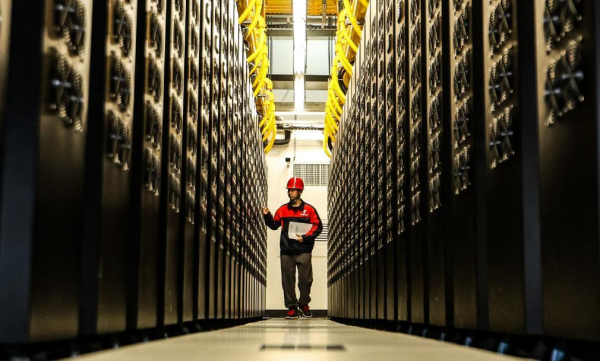
Currently, the ranks of enterprises adhering to independent innovation and full-stack AI autonomy are growing, with Huawei, Sugon, Cambricon, SMIC, and others being typical examples.
This also includes iFLYTEK - it is the first and currently the only technology company to propose building a full-stack autonomous and controllable large model ecosystem. To date, iFLYTEK's Spark large model remains the only domestic large model with full-stack autonomy and controllability from chips, computing power, algorithms to applications.
"Without our own computing power foundation and technological ecosystem, it's like building a skyscraper on someone else's foundation, which could collapse at any time," Liu Qingfeng once stated.
From a value perspective, the most difficult path of breakthrough is also nurturing the enterprise ecosystem. Today, iFLYTEK's Spark large model has built capabilities in core areas such as translation, mathematics, and reasoning, maintaining a first-tier level in the AI industry.
Analysts believe that as the company's strategic focus and operational quality improvement measures continue to deepen, iFLYTEK's business fundamentals and health continue to improve, giving it the ability to seize greater industrial opportunities. For example, the Spark large model continues to gain traction in sectors such as education, healthcare, and state-owned enterprises, and the developer ecosystem maintains a positive momentum, with the opportunity to accompany the "Belt and Road" initiative in obtaining new incremental space for domestic large models to go global.
All these prove that China's effective development of AI not only meets national needs but also aligns with the long-term development interests of AI enterprises. In the future, China's AI strategy will continue to leverage the advantages of government leadership and industrial collaboration to further promote the development of the AI industry.
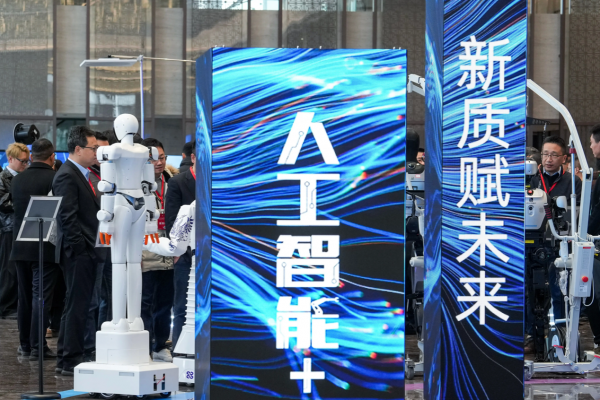
For enterprises, this logic of growing upwards from the bottom and deeply integrating with social governance may be the most authentic and sustainable path for China's AI industry - it is entirely different from Musk's business essence, which still follows the traditional Silicon Valley path of "technological innovation - commercial application - market monopoly," relying solely on market drive and technological hegemony.
While there is no conclusive verdict on the superiority of either model, it is undeniable that enterprises that disregard national strategies are destined for long-term failure, regardless of the model they adopt.
Conclusion:
The essence of AI transcends mere technology. It encompasses autonomy, security, order, and the formidable power to shape the future world.
As the global AI competition intensifies, it is imperative to reiterate that relying solely on technological idealism or a commercial adventurous spirit is insufficient to address the multifaceted challenges posed by geopolitics, ethical norms, and social governance. Musk might need to learn the lesson of "AI and national strategy," recognizing that national needs are as crucial as technological innovation.
"One cannot plan for a part without planning for the whole." The ascendancy of Chinese AI enterprises has never been merely a technological sprint but a high-stakes strategic competition. Perhaps this is the profound meaning behind Liu Qingfeng's remark. Even if this approach makes "disruptive innovation" more elusive, it ensures the sustainable development of AI technology within a secure and manageable framework. In the grand chessboard of global AI competition, sometimes, "slow and steady wins the race."







